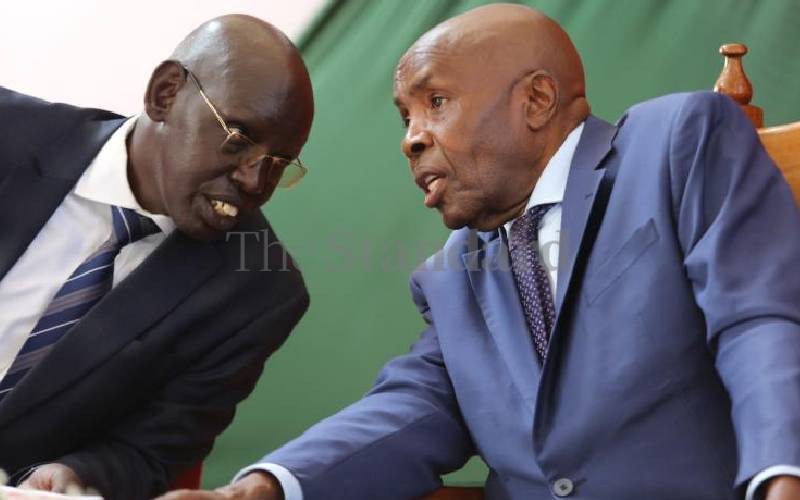×
The Standard e-Paper
Smart Minds Choose Us

Some public secondary schools may close this week to ease the financial burden that has weighed down the institutions due to delayed release of capitation money.
The Standard has established that several secondary schools will send students home this week as they grapple with serious financial challenges.